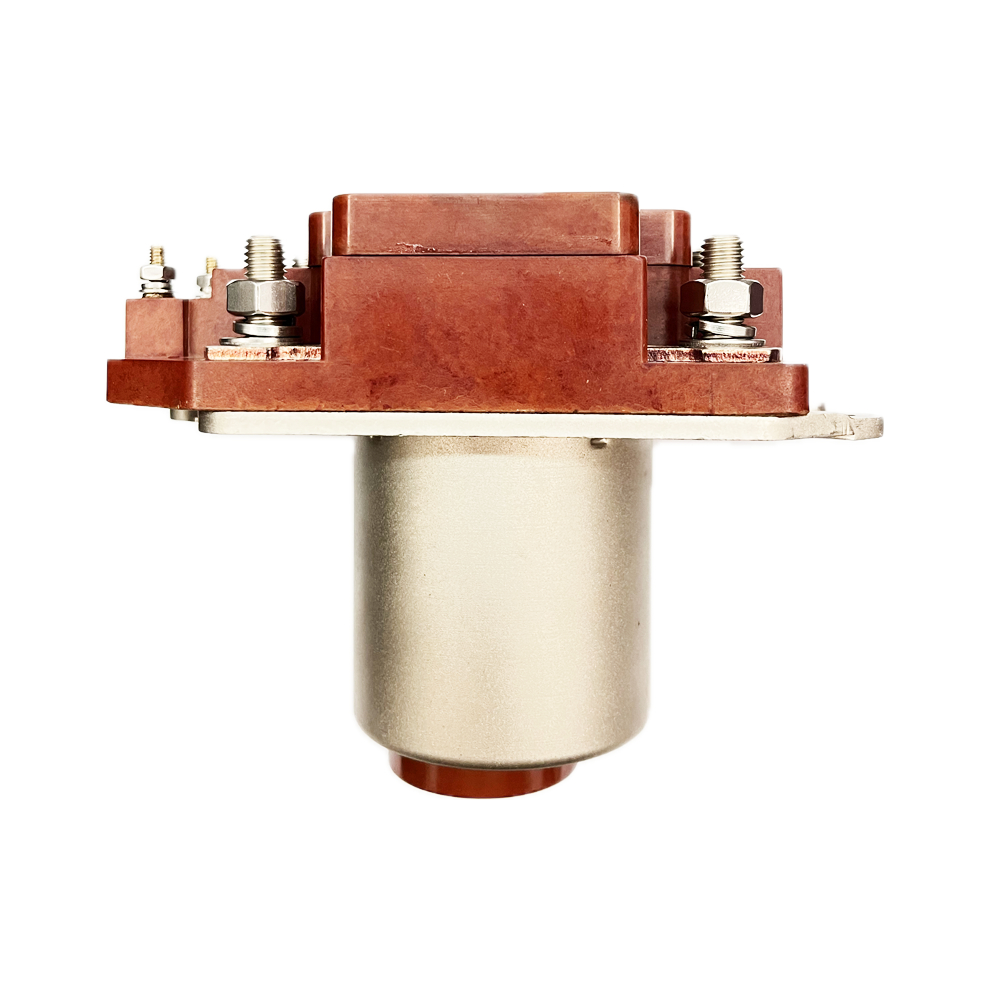Understanding DC Contactors: Essential Components for Efficient Circuit Control
2025-06-07

DC contactors are electromechanical devices used to control high-voltage circuits by utilizing a low-voltage signal. They are designed to switch on or off the flow of direct current (DC) in a circuit, making them ideal for applications such as motor control, lighting systems, and power management in various industries. When selecting a DC contactor, it is important to understand its construction, operational principles, and the specific requirements of your application.
One of the key components of a DC contactor is its electromagnetic coil, which generates a magnetic field when energized. This magnetic field attracts a movable armature that, in turn, closes the contacts to complete the circuit. When the coil is de-energized, the armature returns to its original position, opening the contacts and interrupting the current flow. This on/off mechanism is fundamental to the operation of DC contactors and is crucial for controlling the electrical loads safely and effectively.
There are several factors to consider when choosing a DC contactor, such as voltage rating, current rating, and the type of load being controlled. For instance, if you are working with inductive loads like motors, it’s essential to select a contactor with appropriate ratings to handle the inrush current, which can be significantly higher than the running current. Additionally, the contact material can influence the performance and longevity of the contactor. Common materials include silver alloys and copper, which offer excellent conductivity and durability.
DC contactors are widely utilized in various applications, including renewable energy systems, electric vehicles, and industrial automation. In renewable energy systems, such as solar panel installations, DC contactors are employed to manage the flow of electricity generated by solar cells. In electric vehicles, they play a vital role in controlling the motor and battery systems, ensuring efficient operation and safety.
Maintenance of DC contactors is also important for ensuring their reliability and longevity. Regular inspections can help identify wear and tear, and timely replacement of components can prevent unexpected failures. Additionally, proper installation and adherence to the manufacturer's guidelines can significantly enhance the performance of DC contactors.
In summary, DC contactors are essential components in modern electrical systems, providing reliable control over DC circuits. Understanding their functionality, characteristics, and applications enables professionals to make informed decisions, ensuring optimal performance in their respective fields. By selecting the right DC contactor and maintaining it properly, one can achieve efficient and safe operation in various electronic applications.
One of the key components of a DC contactor is its electromagnetic coil, which generates a magnetic field when energized. This magnetic field attracts a movable armature that, in turn, closes the contacts to complete the circuit. When the coil is de-energized, the armature returns to its original position, opening the contacts and interrupting the current flow. This on/off mechanism is fundamental to the operation of DC contactors and is crucial for controlling the electrical loads safely and effectively.
There are several factors to consider when choosing a DC contactor, such as voltage rating, current rating, and the type of load being controlled. For instance, if you are working with inductive loads like motors, it’s essential to select a contactor with appropriate ratings to handle the inrush current, which can be significantly higher than the running current. Additionally, the contact material can influence the performance and longevity of the contactor. Common materials include silver alloys and copper, which offer excellent conductivity and durability.
DC contactors are widely utilized in various applications, including renewable energy systems, electric vehicles, and industrial automation. In renewable energy systems, such as solar panel installations, DC contactors are employed to manage the flow of electricity generated by solar cells. In electric vehicles, they play a vital role in controlling the motor and battery systems, ensuring efficient operation and safety.
Maintenance of DC contactors is also important for ensuring their reliability and longevity. Regular inspections can help identify wear and tear, and timely replacement of components can prevent unexpected failures. Additionally, proper installation and adherence to the manufacturer's guidelines can significantly enhance the performance of DC contactors.
In summary, DC contactors are essential components in modern electrical systems, providing reliable control over DC circuits. Understanding their functionality, characteristics, and applications enables professionals to make informed decisions, ensuring optimal performance in their respective fields. By selecting the right DC contactor and maintaining it properly, one can achieve efficient and safe operation in various electronic applications.


